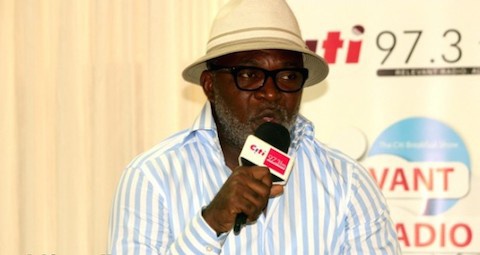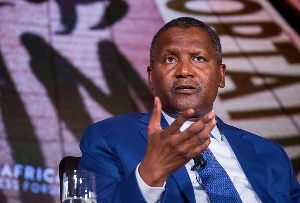- Home - News
- TWI News | TV
- Polls
- Year In Review
- News Archive
- Crime & Punishment
- Politics
- Regional
- Editorial
- Health
- Ghanaians Abroad
- Tabloid
- Africa
- Religion
- Election 2020
- Coronavirus
- News Videos | TV
- Photo Archives
- News Headlines
- Press Release
General News of Tuesday, 8 December 2015
Source: starrfmonline.com
Let’s hit the streets over utility hikes – Kofi Kapito
 Chief Executive Officer of the Consumer Protection Agency, Kofi Kapito
Chief Executive Officer of the Consumer Protection Agency, Kofi Kapito
The head of the Consumer Protection Agency, Kofi Kapito, has asked Ghanaians to join him stage a demonstration against the “massive and insensitive” price hikes in utility services.
The Public Utility and Regulatory Commission on Monday announced over 60 percent hike in electricity and water tariffs.
Electricity has been increased by 59.2 percent while water has been adjusted by 67.2 percent.
The increment follows recent nationwide public consultation for adjustment in utility tariffs.
Speaking on the development, the Director of Public Affairs of the Public Utility and Regulatory Commission, Nana Yaa Jantuah, said several factors including consumer interest, investor interest, economic development of the country, generation mix, availability of the service among others were considered before a decision was taken.
But Kapito is of the view Ghanaians should have been “spared the torture of economic burdens of this sort.”
“We would have to show them we cannot sit and watch these things happen without protest. I will be hitting the streets and it would be good to have all those who are not happy with the situation join me,” he told morning show host Nii Adey Clegg.
Meanwhile, utility companies in the country are not satisfied with the “low” percentage of increment on their services.
This is contrary to the one hundred percent they demanded at the beginning of the year.
Communications Director at the Ghana Water Company Limited Stanley Martey told Starr News the increment will not be enable it raise sufficient funds to address the company’s infrastructural challenges
“Infrastructure in the water sector is capital intensive and with this tariffs we unable to save enough to enable us invest back into the system so we have always had to rely on loans from our banks and unfortunately our balance does not allow us so we rely government to borrow on our behalf. And it makes it very difficult for such a utility to be dependent on government all the time,” he explained.










